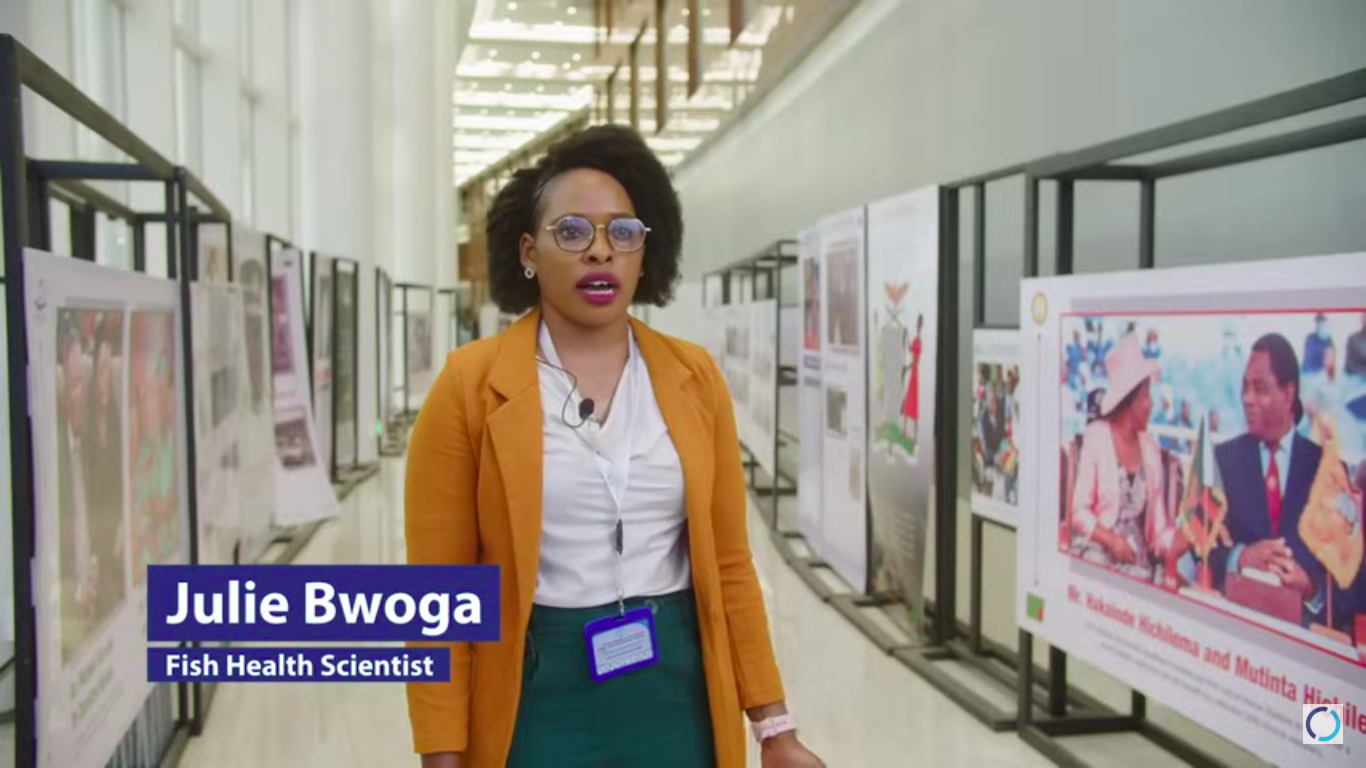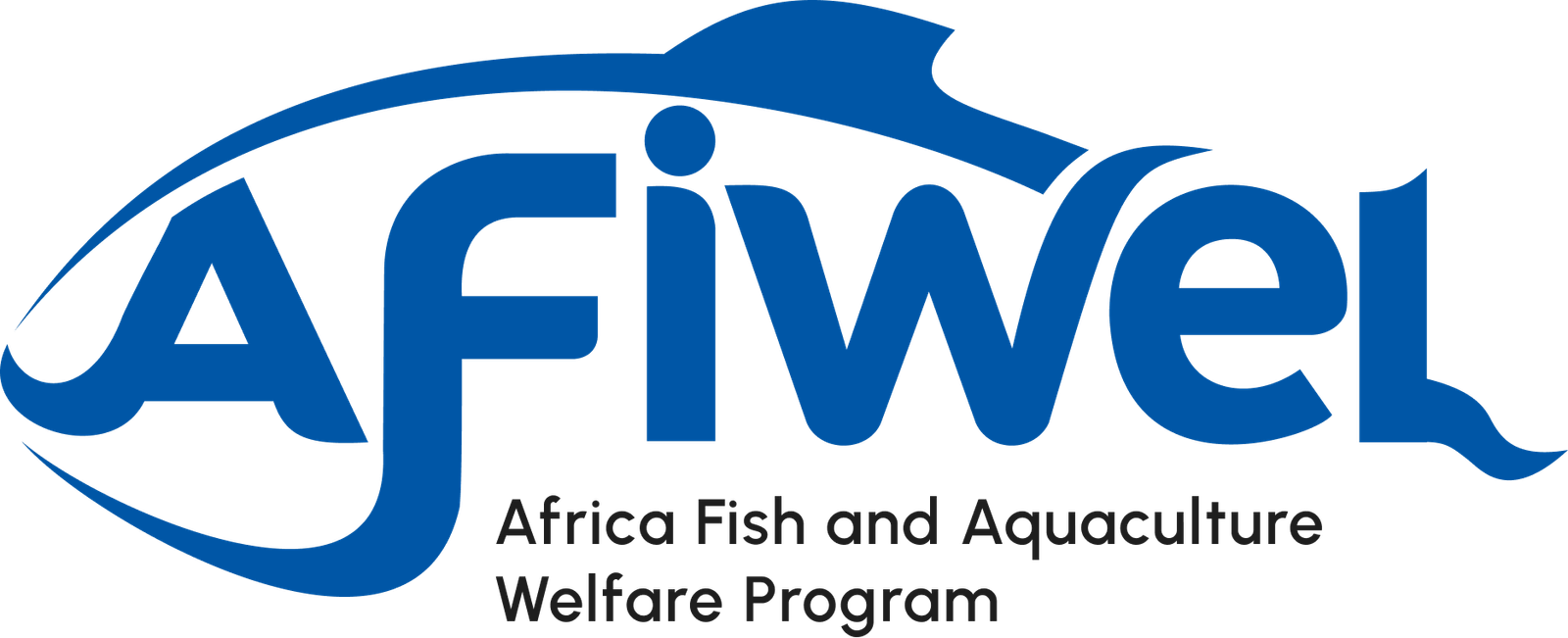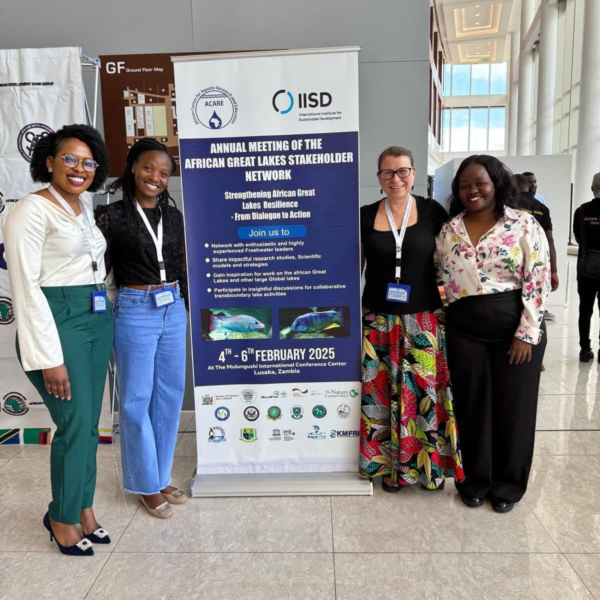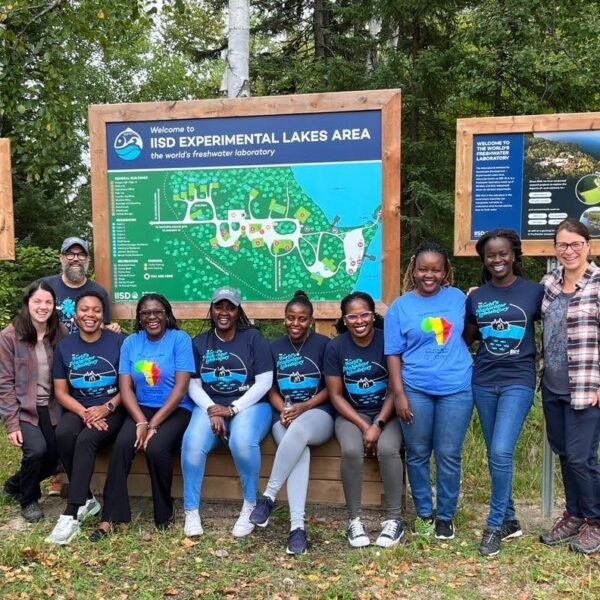
Advancing Fish Health and Welfare: Insights from AFIWEL Fellow, Julie Bwoga
At AFIWEL (Africa Fish Welfare), we are committed to promoting ethical, welfare-driven, and sustainable fish production systems across Africa. We are proud to spotlight one of our distinguished Fellows, Julie Bwoga, whose dedication to fish health and women’s empowerment in science is making significant strides in the aquaculture sector.
Meet AFIWEL Fellow: Julie Bwoga
Julie Bwoga is an aquatic animal health scientist specializing in fish parasitology, with a particular focus on tilapia populations. She is currently pursuing a PhD in Fisheries Science at Rhodes University, where her research delves into the population genetics of Gyrodactylus species and their epidemiological impact on both farmed and wild tilapia in South Africa. Julie’s work aims to enhance disease management strategies and promote sustainable aquaculture practices.
Reflections from the ACARE Annual General Meeting
In February 2025, during the Annual General Meeting of the African Centre for Aquatic Research and Education (ACARE) in Lusaka, Zambia, Julie was interviewed by the International Institute for Sustainable Development (IISD). She shared transformative insights from her visit to the IISD Experimental Lakes Area (ELA) in Ontario, Canada, emphasizing the importance of long-term ecological monitoring and data-driven policymaking in advancing fish health and welfare.
“It was inspiring to learn from passionate scientists, many of whom were women, dedicated to advancing freshwater research,” Julie reflected.
Integrating Evidence-Based Approaches in Fish Welfare
Julie’s experiences at IISD-ELA are directly influencing her development of a Fish Welfare Training Guide for South Africa through the AFIWEL Fellowship. By incorporating evidence-based methodologies, she aims to improve fish health management and promote sustainability in aquaculture practices.
Empowering Women in Aquatic Science
Addressing the evolving landscape for women scientists in the African Great Lakes region, Julie acknowledged notable progress:
“There has been notable progress in representation, with more women scientists securing leadership roles and access to funding. Programs fostering mentorship and capacity building have also increased.“
However, she also highlighted ongoing challenges such as gender biases and limited resources, emphasizing the need to amplify mentorship and create platforms for women to lead critical research.
At AFIWEL, we celebrate and support the contributions of professionals like Julie, who are at the forefront of advancing fish health, welfare, and gender equity in science.
Watch Julie’s full interview with IISD here:



